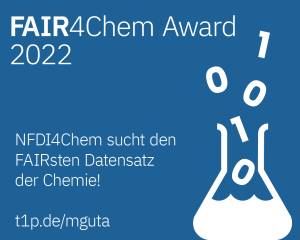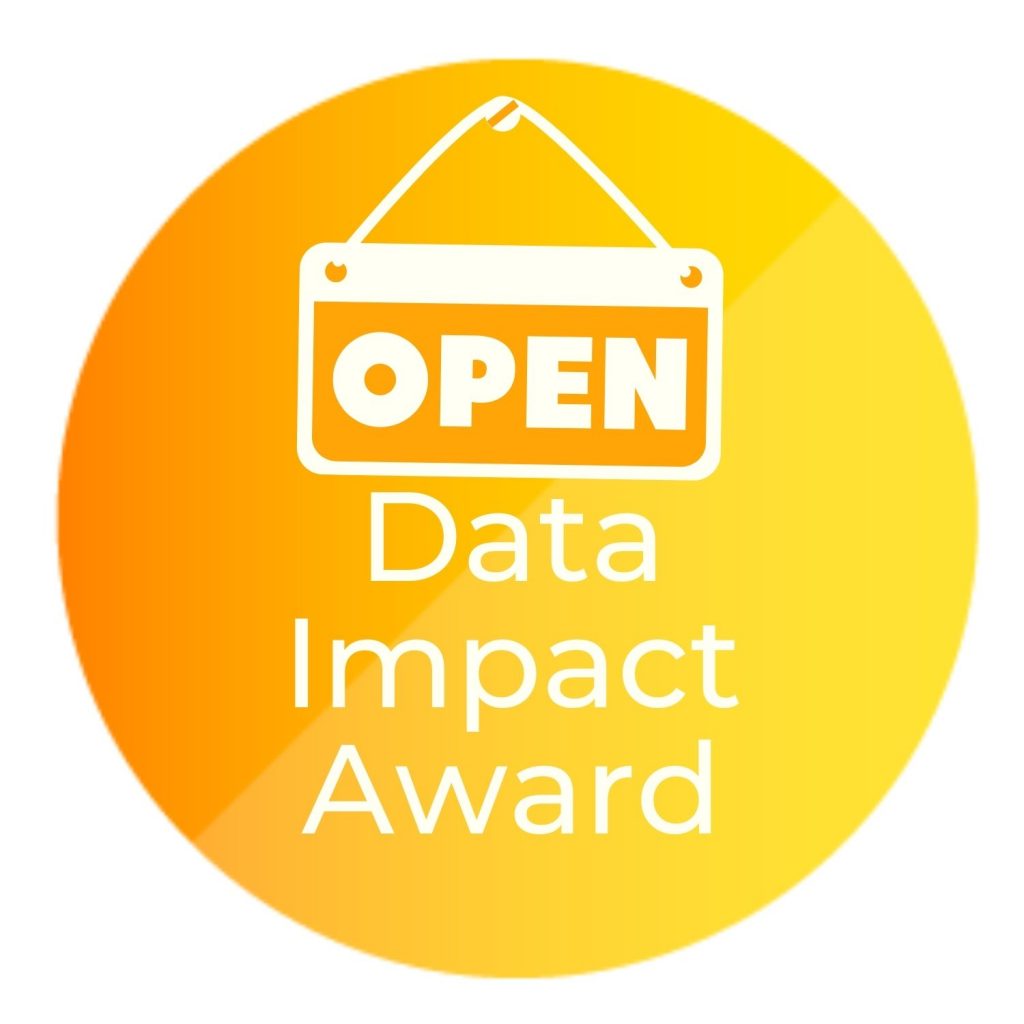The Justus Liebig Laboratory in Gießen (Hessen) has been awarded the EuChemS Historical Landmarks Award – European Level!
It was awarded in recognition of:
“[…]the role it played in the history of chemistry and the European sense of belonging between people and ideas.”
– EuChemS
Justus von Liebig, who worked in the laboratory from 1824 to 1852, is considered as one of the founders of organic chemistry and revolutionized chemistry education as we know it, by combining research and teaching in a laboratory.
Nowadays, his laboratory is a museum and part of the UNESCO World Heratige. The collection includes historical documents, chemical apparatus, scientific instruments and much more! The Liebig-Museum is described as a time capsule where visitors can experience the original function and the working conditions of the time when chemistry first entered the universities.
For more information visit the EuChemS Award-Page.

https://www.liebig-museum.de/geschichte/


